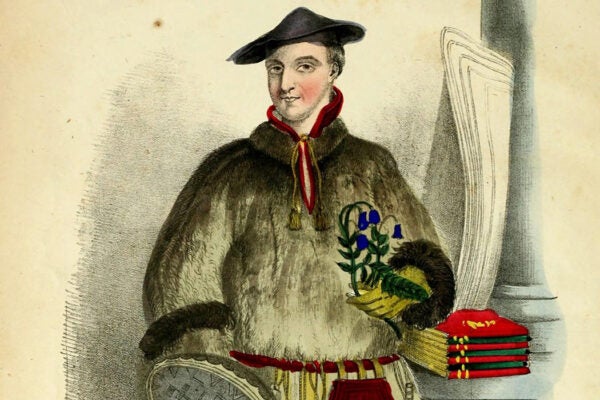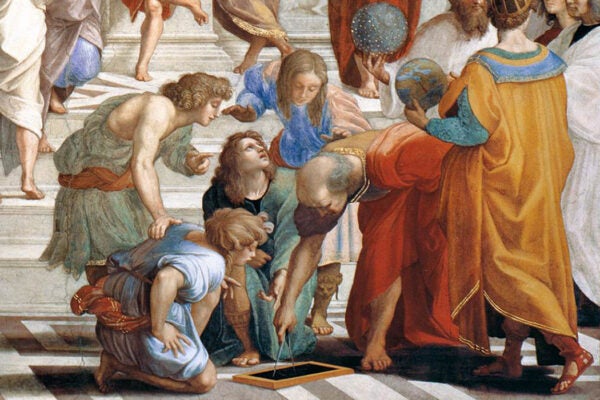Was Carl Linnaeus Bad at Drawing?
Linnaeus has often been thought of as a poor artist, but visualization was a core element of his analytical tool set.
Skylab, Sealab, and the Psychology of the Extreme
During the Cold War, small groups of Americans lived together in space and at the bottom of the sea, offering psychologists a unique study opportunity.
When Everything in the Universe Changed
The revolutionary James Webb Space Telescope and next-gen radio telescopes are probing what’s known as the epoch of reionization.
When French Citrus Colonized Algeria
The citrus industry in Algeria honed French imperial apparatuses and provided a means for France to define and shape the behavior of its colonial subjects.
Biobanking the Victims of Nuclear War
Nearly 2 million biological samples from people affected by radiation from World War II nuclear bombings are stored in facilities in Hiroshima and Nagasaki.
Aurorae and the Green of the Night Sky
On the historical hunt for the origin of the enigmatic green line in the spectrum of the aurora borealis.
How Two Rebel Physicists Changed Quantum Theory
David Bohm and Hugh Everett were once ostracized for challenging the dominant thinking in physics. Now, science accepts their ideas, which are said to enrich our understanding of the universe.
Colorful Lights to Cure What Ails You
Between 1920 and the 1960s, tens of thousands of people received treatment with a Spectro-Chrome to address various ailments.
New Paper Argues That the Universe Began with Two Big Bangs
Bang bang all over the Universe.
Data: Not Just Another Four-Letter Word
For early modern theologians, data were assumptions of truths for which there was no need for explanation. How things—and data—have changed.









